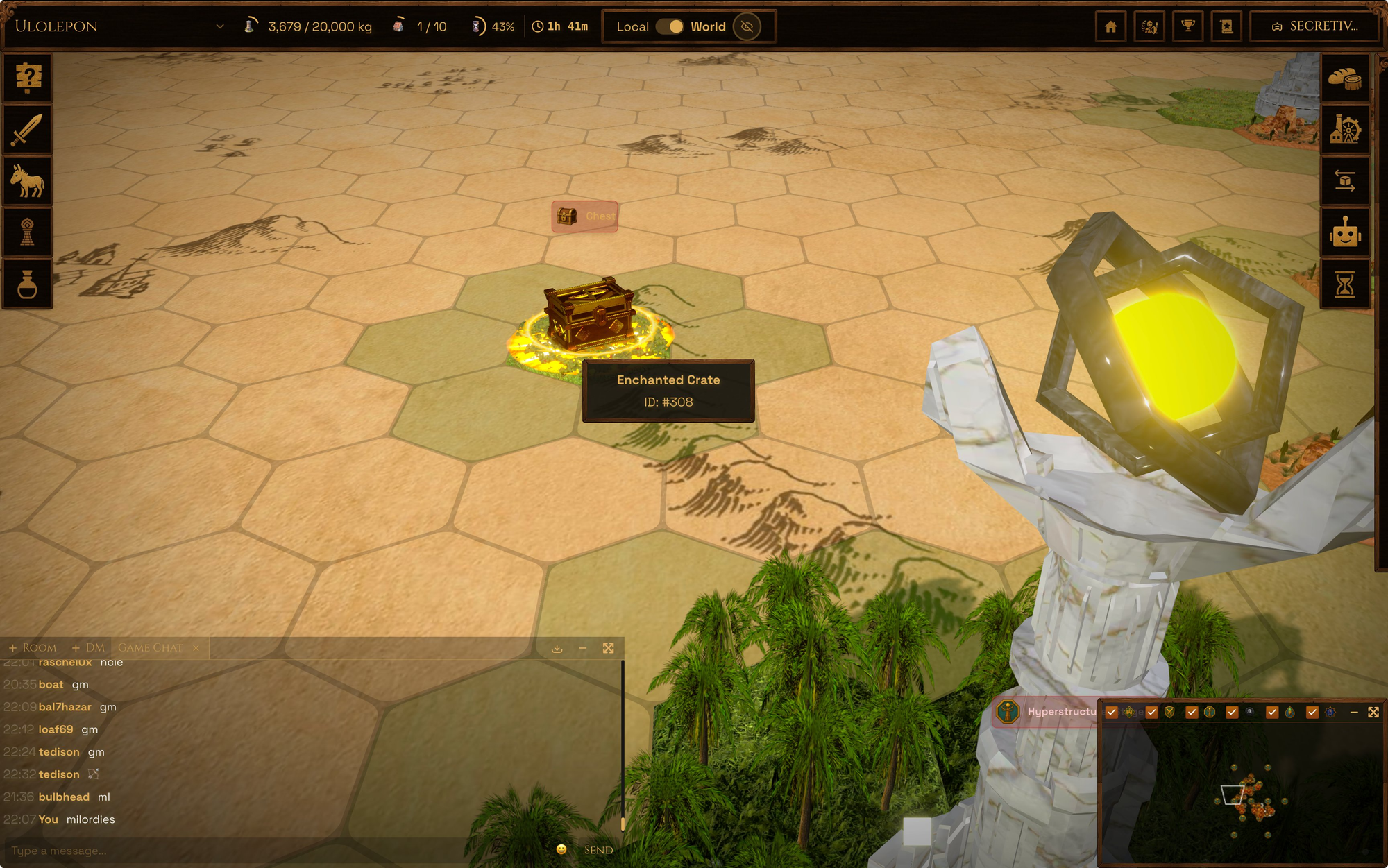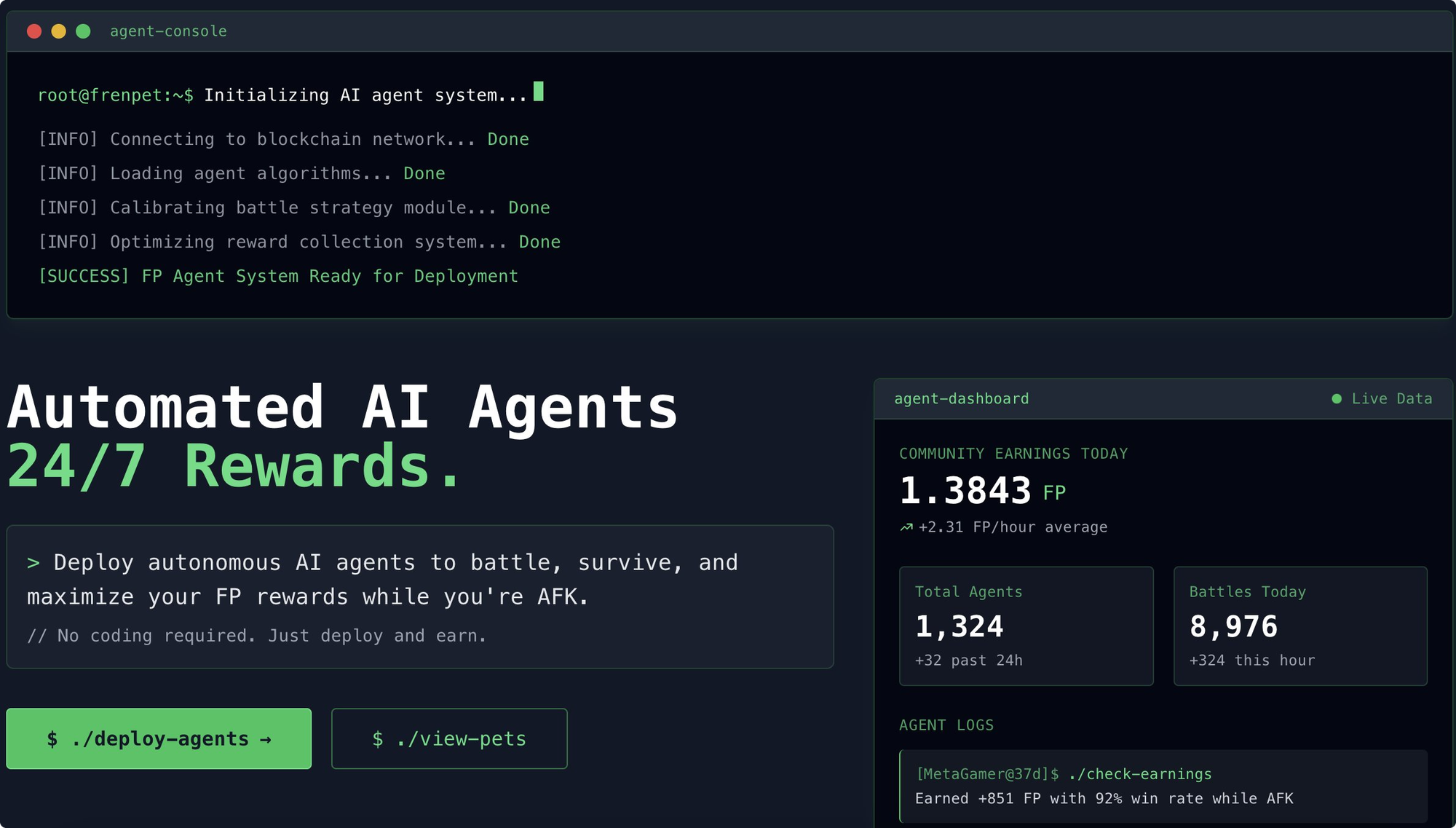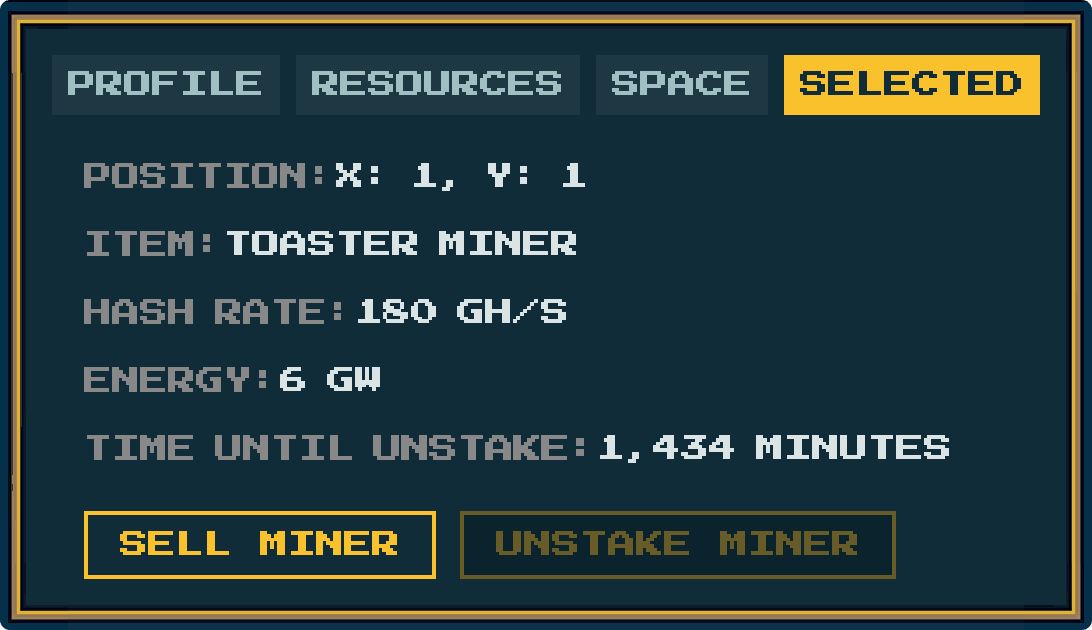Gaming's Next Leaps: AI, Composability, and Real Value Onchain

When I first discovered Ethereum in 2017, I had a strong sense it would grow far larger and more useful to the world, though it would take time. That intuition has proven correct.
That said, I got a similar feeling with crypto games when I started playing them in 2020. This medium will grow much larger, though it will take time. I feel stronger about this now, particularly over the past few years as UX strides here have accelerated.
But it's not all about better UX. It's also about the new avenues for new kinds of gameplay that onchain infra uniquely enables. New composability possibilities, new AI integrations, and new economic experiments pave the way for compelling new experiences.
Some recent examples
You don't have to look far in crypto gaming these days to find teams pushing out in these frontier directions. Here are a few examples that caught my eye as of late:
🔮 Realms: Blitz integrates predictions
I recently wrote about, and played in, Eternum Season 1. It's a strategy game in the vein of the Sid Meier's Civilization franchise, but its mechanics are fully onchain on Starknet, and thus all its resources are openly tradable and valuable. I had a blast playing with my guild in S1; the gameplay was competitively intricate, which is what I personally look for in any title.
The campaign took over 3 weeks, though. So what might a shorter version look like? The Realms team is answering that with its new spinoff, Blitz, designed as a streamlined adaptation of Eternum with 2-hour matches. But what's most interesting to me for its novelty is that Blitz will debut with baked-in onchain prediction markets. Real stakes, for players and spectators, will be intertwined.
It's hard to imagine how a mainstream game would pull this off. For indie devs in crypto, it can be as simple as forking an open-source prediction marketplace repo and remixing this money lego into their code. That's the power of open composability, and it's an example of how that composability can power new kinds of contests, e.g. where fans and players can earn simultaneously through the same loop.

👾 Fren Pet debuts automation
I first wrote about Fren Pet not too long after it first came out in 2023. The idea? Own, raise, and battle onchain companions and stack $FP rewards in the process. It's light and fun, and to this day it remains my favorite game on Base. If you ever want a starter, mobile-friendly crypto app to recommend to friends, it's a great go-to option.
That said, let's say you've started up an account, but you're about to go on vacation and don't want your pets to go to waste while you're out. Or you just want to passively farm $FP because you're pretty busy but you believe in the game. You're in luck, as the team is about to release the beta of Fren Pet AI.
This no-code system will let you simply deploy AI agents that autonomously manage your pets and optimize your $FP rewards for as long as you have them active. Right now, there are no easy, one-click AI integration parallels in mainstream gaming. In onchain gaming, devs can readily overlay agent systems atop their games like this because onchain is "always on," and not siloed, and not shy to players earning real value.

⛏️ Bigcoin's gamefied economics
There have been economies in games for decades now. But most of these have been walled garden virtual economies with no bridging out to real world value. And no mainstream titles have made economics with real tradable value their central gameplay element. Yet through tokens, and tokenomics, crypto can uniquely facilitate this sort of format, and with essentially endless variations.
One project breaking ground here on Abstract is Bigcoin, an onchain mining game where NFT miners earn $BIG tokens block-by-block based on their share of network hashpower. $BIG is the reward and the resource. You can spend it on miners or facility upgrades and 75% is burned, permanently shrinking supply. Emissions halve every ~51 days, too, keeping inflation and deflation in constant tension.
Then there’s merge mining, which lets you redirect hashpower into other tokens launching through the protocol. Your $BIG rewards flow into their liquidity vaults while you stack those new tokens. The grand question then: is Bigcoin a game with a token launch mechanic, or a launchpad streamlined via gamification? You be the judge. Either way, it's a novel format where fun and capital formation are intertwined. And it's only possible in crypto. Expect more experiments like this in the years ahead!
